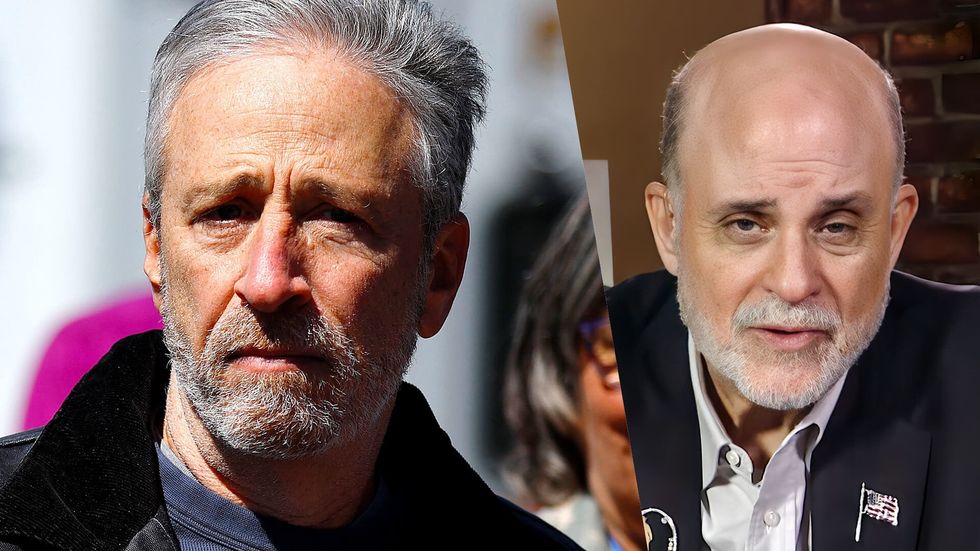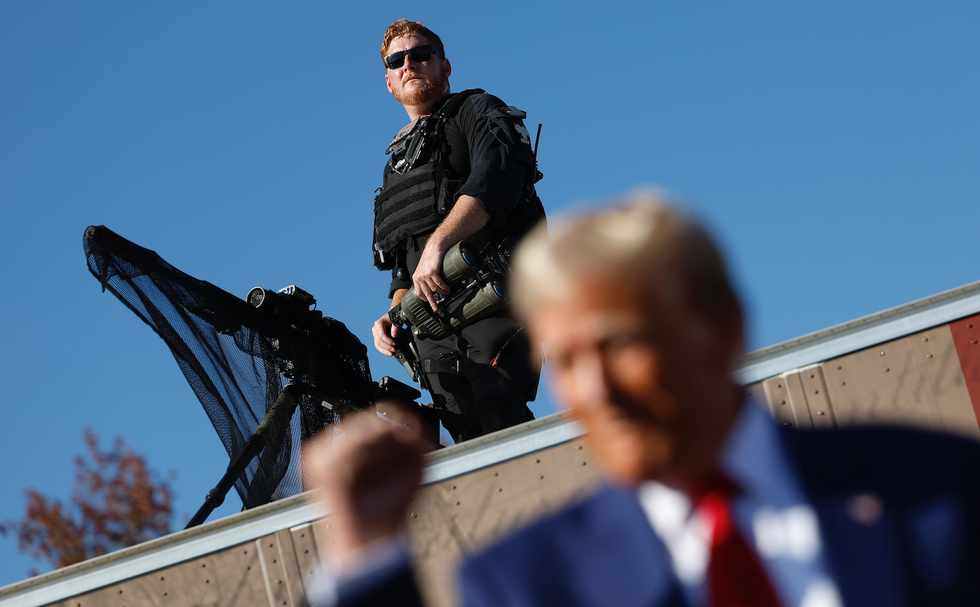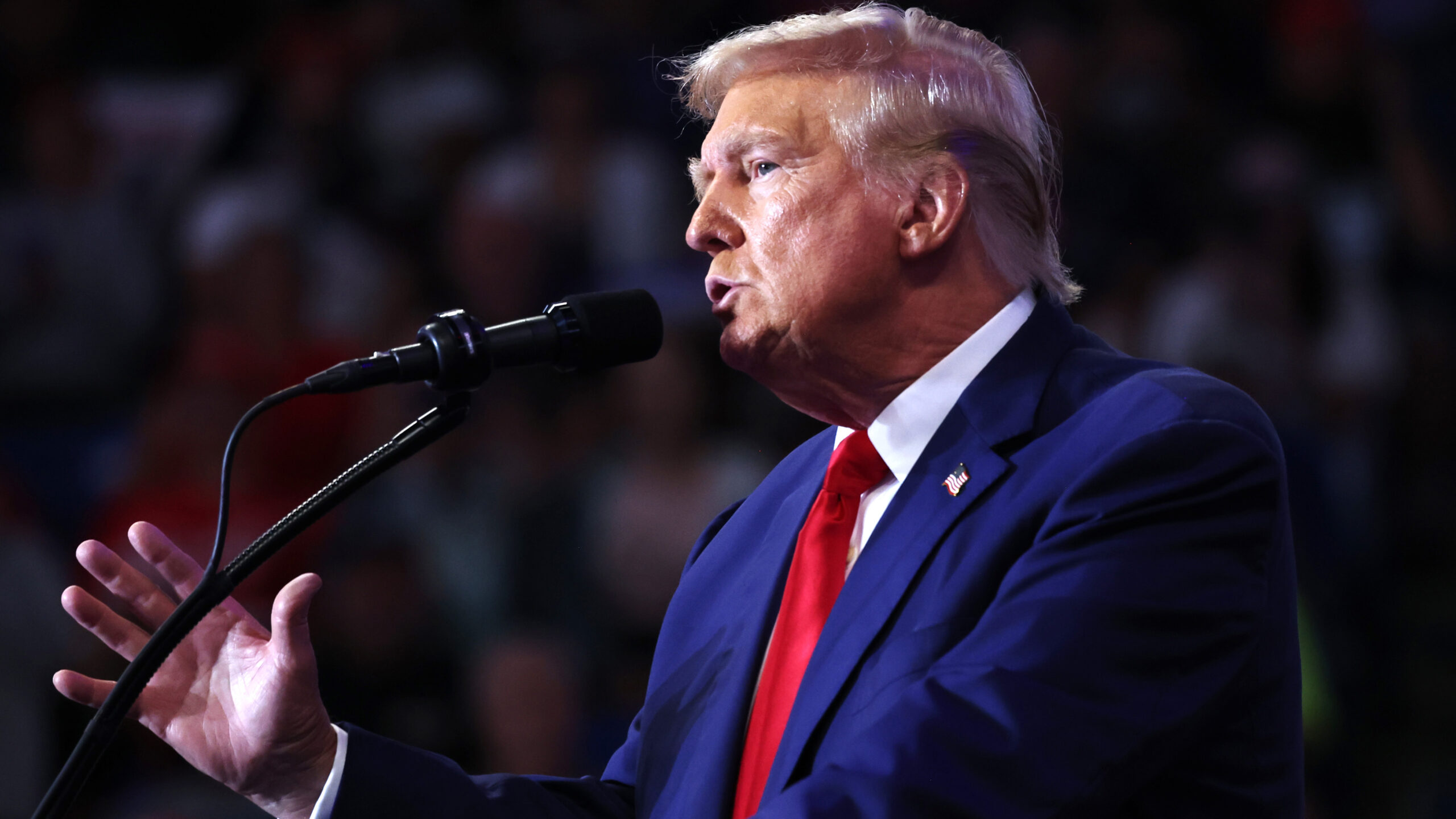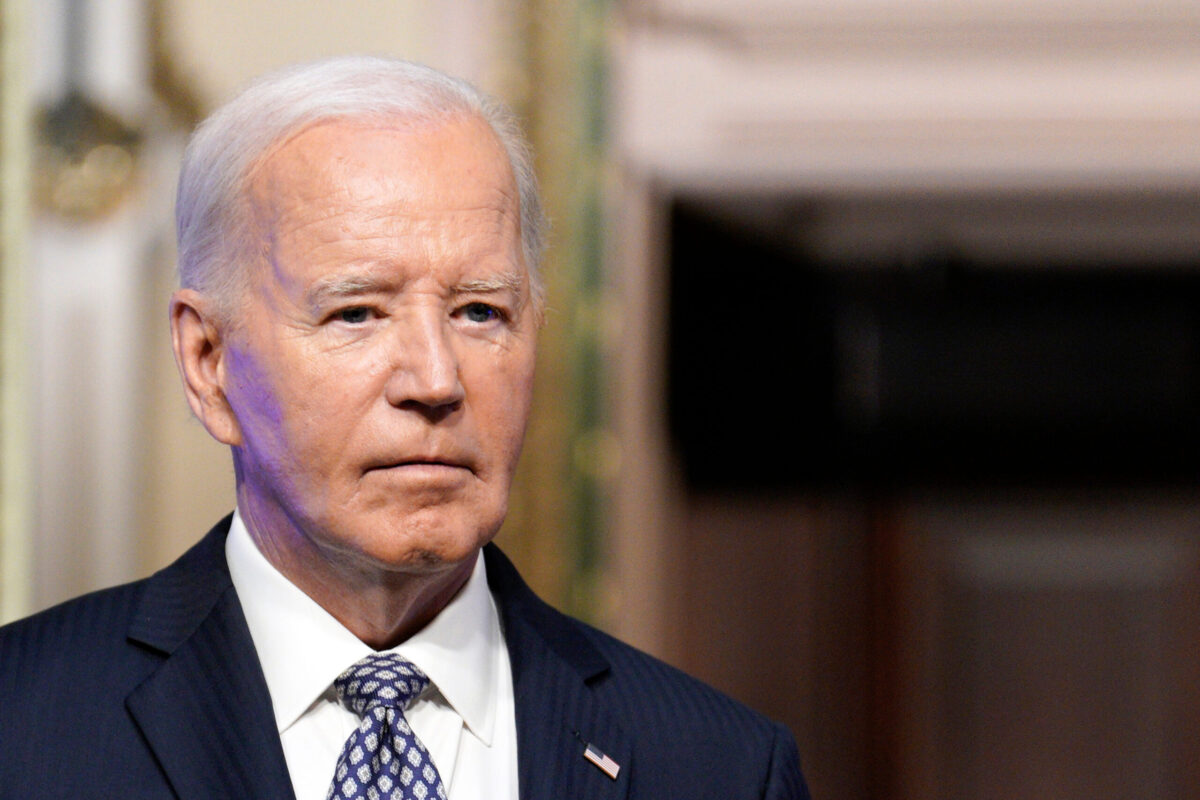Amid national mourning, Iran threatens Nasrallah elimination ‘will not go unpunished’
Khamenei taken to secure location as Tehran mulls response



JERUSALEM – Iran’s leaders responded Sunday to the elimination of Hezbollah General Secretary Hassan Nasrallah in a massive Israeli airstrike Friday, with two linked announcements; the first a declaration of a five-day memorial period, and the second a well-worn refrain, “the blood of our martyrs will not go unavenged.”
It was ironic that Iran’s Supreme Leader Ali Khamenei made these statements shortly before being whisked off to a secure location for fear Israel will take the battle directly to Tehran. While there are some who might advocate for this, it is not at all straightforward to understand exactly what the benefit of this would be.
Taking out leaders of terrorist organizations is one thing; assassinating the sitting president of another country is another altogether. However, it is instructive how off-balance Khamanei and his coterie are, because they cannot be sure how deeply Israeli intelligence has penetrated.
Also killed alongside Nasrallah was IRGC Deputy Commander Abbas Nilforousha, against whom the United States imposed sanctions in 2022, due to his suppression of protests in the wake of the death of Mahsa Amini following her arrest for allegedly not wearing her headscarf to the police’s liking. His death, according to the Iranians, would also not go unpunished.
It is a threat Israel – and the United States on the assassination of Qassem Soleimani – have heard before, and there is a danger it will be viewed in Jerusalem and other parts of the Middle East, as posturing with diminishing returns. Iran vowed to avenge the killing of Hamas leader Ismail Haniyeh too, who was killed along with his bodyguard, in an Islamic Revolutionary Guard Corps (IRGC) compound – a sort of Iranian version of the Blair House – at the end of July.
Haniyeh was in Tehran as an honored guest of the Islamic Republic, and was in attendance at the swearing in of Iranian President Masoud Pezeshkian. His death – and the manner of his demise – was a moment of deep humiliation and shame for the Iranian regime. However, two months later, the retribution Tehran promised has not yet materialized, even if the U.S. did move another aircraft carrier and F-22 Raptor strike group into the eastern Mediterranean.
The relationship between Haniyeh and Hamas, and Nasrallah and Hezbollah cannot exactly be equated. Hamas as an off-shoot of the Sunni Muslim Brotherhood with its origins in Egypt was very much considered a junior partner in the terrorist groups, which are attempting to encircle Israel in a so-called “ring of fire,” with Tehran pulling the strings.
Meanwhile, Hezbollah was viewed as a much more critical component of Iran’s long-term strategy toward Israel; particularly its usefulness – due to its missile arsenal – as a buffer against potential Israeli adventurism vis-a-vis Iran’s nuclear program.
What will Iran do?
While Khamenei is Iran’s undisputed leader, there is a spectrum of opinions among the country’s leadership. More conservative hardliners advocate for a direct response to Israel’s elimination of Nasrallah and nearly all of Hezbollah’s top brass – as well as senior IRGC figures – while the more moderate voices counsel against such action.
There are different schools of thought as to which stratagem will be employed. Iran could go for a direct attack, like the April 13 ballistic missile and drone strike, which ended up a bit of a damp squib – repelled as it was by a combination of the U.S., Israel, the United Kingdom, France, and others, as well as many projectiles, which failed to make it out of Iranian airspace.
In the interim at least, it’s likely Iran’s proxies, including the Houthi in Yemen, pro-Iranian forces in Iraq and Syria, and even Hezbollah, will want to force as much of Israel’s populace as it can to scamper for shelter from incoming missiles.
Iran could also take a longer view and create the conditions for a war of attrition. It might conclude it lasted nearly a decade in the Iran-Iraq war of the 1980s, it could do the same again, and with potentially less threat to its civilian population than that war. That would also not be in Israel’s favor, which might be another reason Tehran could think of doing it.
Originally Published at Daily Wire, World Net Daily, or The Blaze
What's Your Reaction?
































































































